Juan Pujol: Spanish Double Agent Who Thwarted The Nazis On D-Day
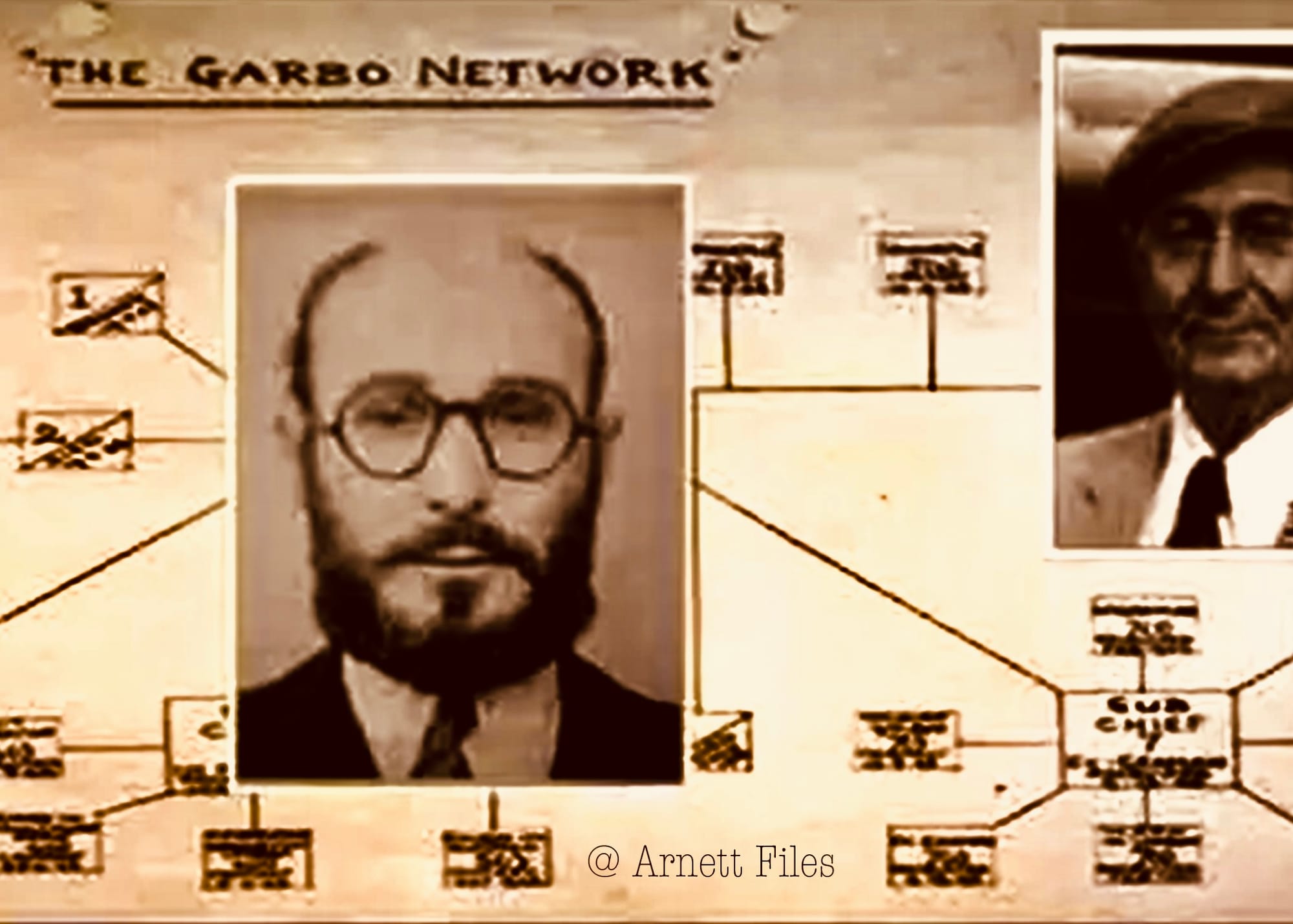
Veterans of World War II are gathering in Normandy, France for the 80th anniversary of D-Day. On 6 June, 1944 over 150,000 Allied troops landed in Nazi-occupied France. Over 10,000 Allied casualties were documented with 4,414 confirmed dead, of which 2,501 were Americans.
This was the largest seaborne invasion in history and marked the turning of the tide against the Nazis and eventual victory for freedom loving people everywhere. Expected to be in attendance for the celebration will be Presidents Joe Biden, Emmanuel Macron, Volodymyr Zelenskyy and Prince William representing the UK.
The codename for the Normandy Invasion was Operation Overlord. To pull off an operation of such grand proportions required a prodigious degree of military deception. To mislead the Nazis as to the logistics of the invasion, the Allies ran Operation Fortitude.
In a recent trip to Barcelona, Spain, I had the good fortune to meet Argelia Teo, whose great grandfather worked alongside Juan Pujol Garcia, the mastermind of Operation Fortitude. Teo shared with me the fantastic legacy of Juan Pujol, the greatest double agent in history, who she knew as a child growing up in Venezuela.

Teo is a researcher and tour guide who lives in Barcelona. Sitting at a cafe around the corner from the apartment where Juan Pujol lived during his time in Barcelona, Teo told me, "My great grandfather was an anarchist. They had a very strong movement in Catalonia Spain in the 1930s. The Spanish Civil War started in 1936. The republicans joined with the anarchists against Franco."
Juan Pujol, who came from a family of counter-revolutionaries, advised Teo's great grandfather, "If you ever have to run away from here, don't go to France, England or Italy. Go to South America. It's far away, no one will ever go there."
Teo's great grandfather said he would stay in Barcelona and fight alongside his friends but after a bomb blew up near their home, her great grandmother took the family to South America. Teo was born in Venezuela. After the war, Juan Pujol also moved to Venezuela.
"I remember this friend (Juan Pujol) of my great grandfather," Teo told me, "I was a small kid and I remember him as a nice old guy who gave me candy."

Juan Pujol Garcia (1912-1988) was a Spanish spy during World War II operating as a double agent for Britain's MI6 against Nazi Germany. His codename for the British was Garbo and his codename for the Germans was Alaric. Under the auspices of MI5, Garbo created a complex though non-existent spy network to deceive the Nazis.
Pujol's loathing for political extremism as found in fascism and communism was born from his experiences during the Spanish Civil War. This led to a desire to render service "for the good of humanity" and a decision to become a spy for the British. Though originally rejected by UK spymasters for lack of experience, Pujol successfully became a German agent by creating a false identity as a fanatical pro-Nazi-Spanish government official.
In this guise, Pujol continually plied the Germans with misinformation, ostensibly creating his false spy network named "Arabel." Impressed, the Germans instructed him to move to Britain to further his espionage effort. Pujol moved to Lisbon, Portugal instead, where his bogus dispatches had the Germans funding a fictitious network of 27 agents. At this point, the Brits recognized Pujols potentials, making him an agent with MI6. His case officer was Tomas Harris of MI5.
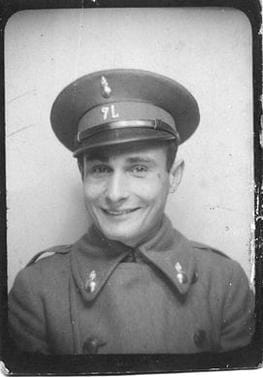
By January 1944, the Germans got wind that a large-scale invasion by the Allies on Europe was in the works. They pressed Pujol for information on this Operation Overlord (D-Day). Operation Fortitude was put in place to conceal the Normandy Beach invasion. Pujol had a leading role in Operation Fortitude and began sending the Germans a prodigious amount of mis-information, sometimes 20 messages a day and over 500 in total.
The core of these messages was meant to direct the Germans away from Normandy Beach and toward the Straights of Dover as a landing for the invasion. This sleight of hand was maintained by sending out some information that was accurate, though delayed so as to be rendered in-effective. Garbo instructed the German radio operators to listen for updates on the night of 5/6 June 1944 but when they missed his call at 3 AM, he layered the message with more substantial information.
Garbo feigned his disgust with the German operators and threatened to quit, telling them, "I cannot accept excuses or negligence. Were it not for my ideals I would abandon the work." The Germans were humbled as well as duly impressed by their agent as they waited for more communication.
On June 9 Pujol, as agent Alaric, sent his German spymasters a message that was forwarded to Hitler himself which claimed that 75 allied divisions were waiting in the wings in southern Britain when in fact there were only 50. This was the ideal behind Operation Fortitude, to inflate the powers of the Allies and to send the Germans on a goose chase.
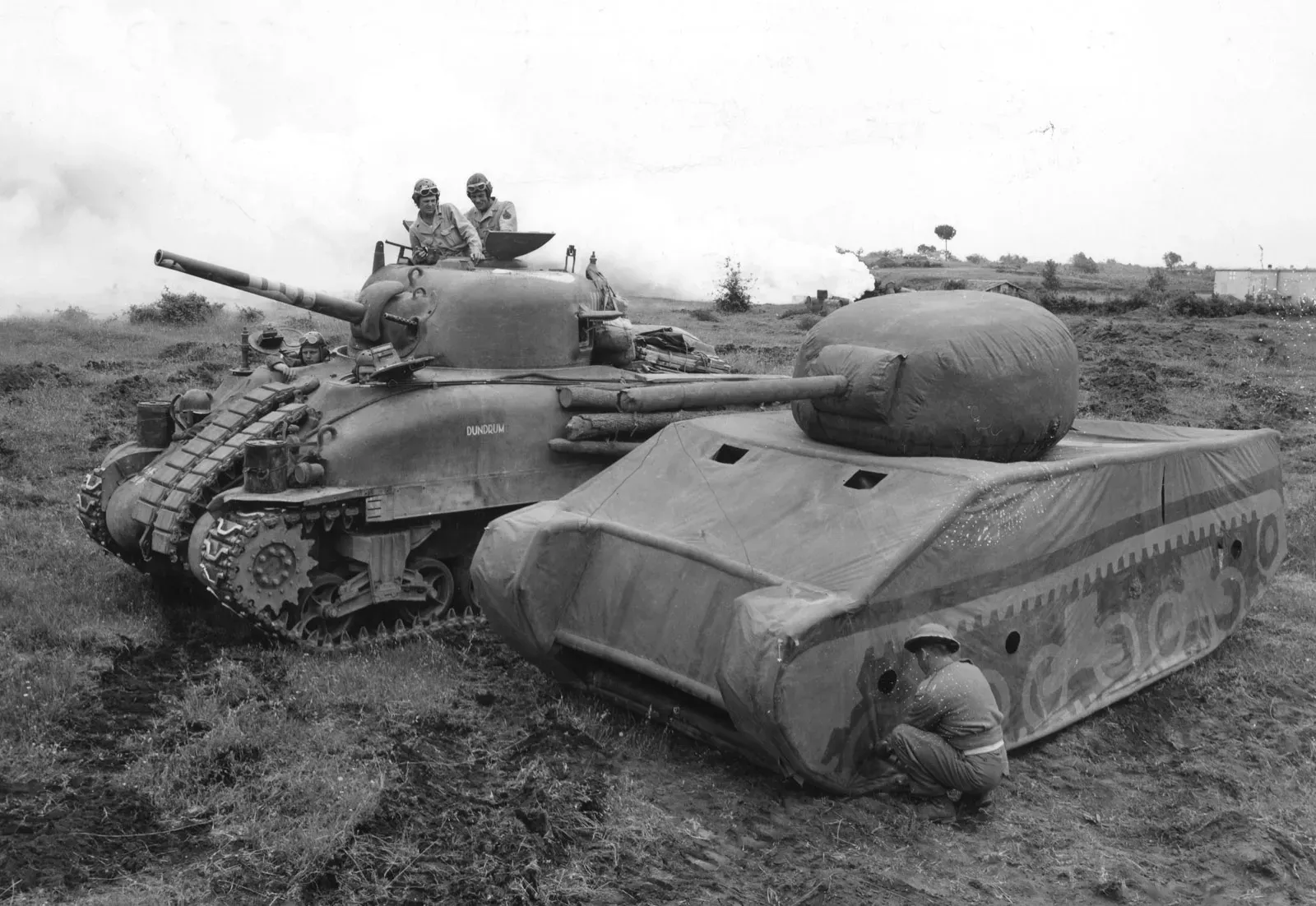
A fictitious formation was created, called the First U.S. Army Group consisting of 11 divisions (150,000 men), led by General George Patton himself. The deception was elaborate and supported by inflatable tanks, fake planes and jeeps driving around sending out bogus radio transmissions. The intention of this rues was to make the Germans think that the first landing was a diversion and that a more substantial one was imminent.
As a result, the Germans maintained 2 armored divisions and 19 infantry divisions led by General Erwin Rommel in the Pas de Calais. There they stayed until August of that year as the Allies fought their way to the liberation of France and eventually Western Europe.
Larter that month, the Germans asked Pujol for information on falling V-1 flying bombs in England. At that point, he was unable to maintain his deception without arousing suspicion and arranged Garbo to be "arrested" by the UK after which he reported that he had to flee England altogether.
By the end of the war, Pujol had received US$340,000 in payment from the Germans in total. He had the unique distinction of being awarded the Iron Cross from Germany and becoming a Member of the Order of the British Empire.
References:
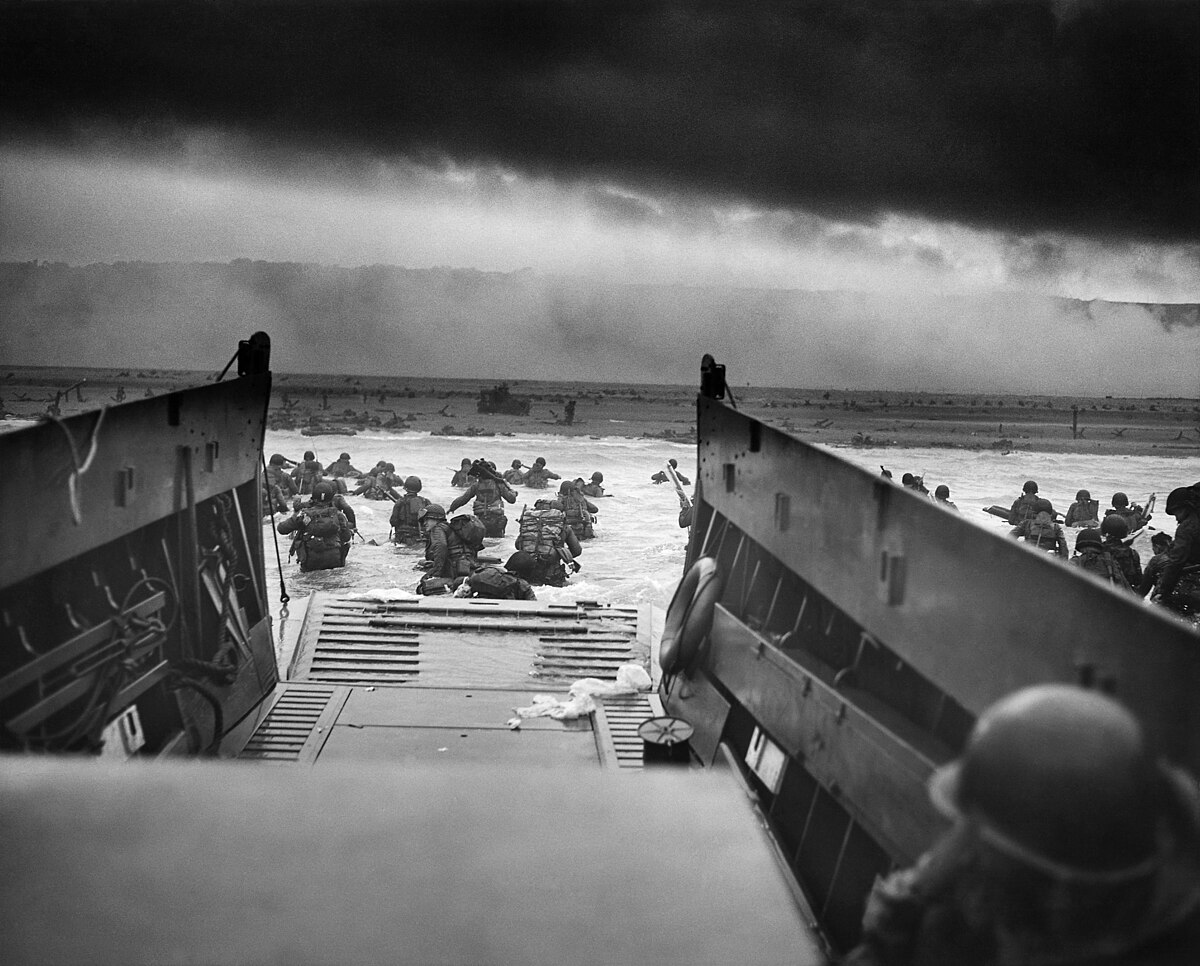
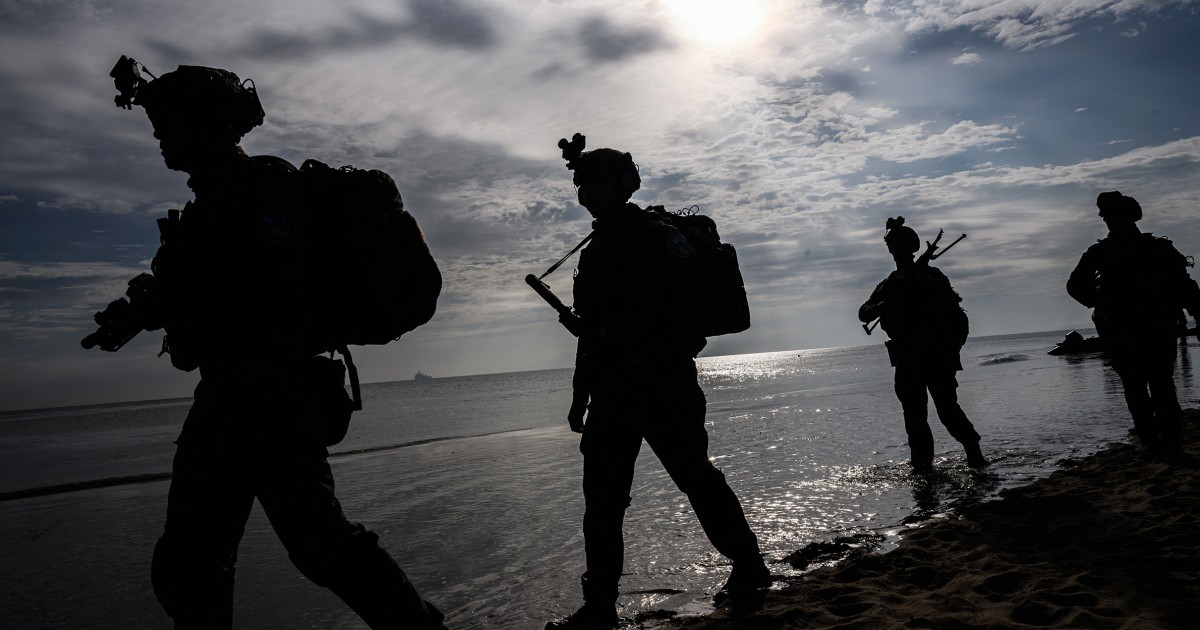

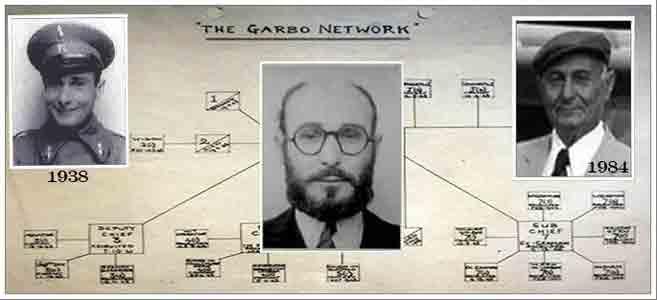
Andrew K. Arnett is a writer and producer. He has been published in Paranoia Magazine, New Dawn, Nexus, Konbini and Alien Buddha Press. He lives in Brooklyn, NY and hunts ghosts with the Brooklyn Paranormal Society. Find him on Twitter: @AndrewArnett




